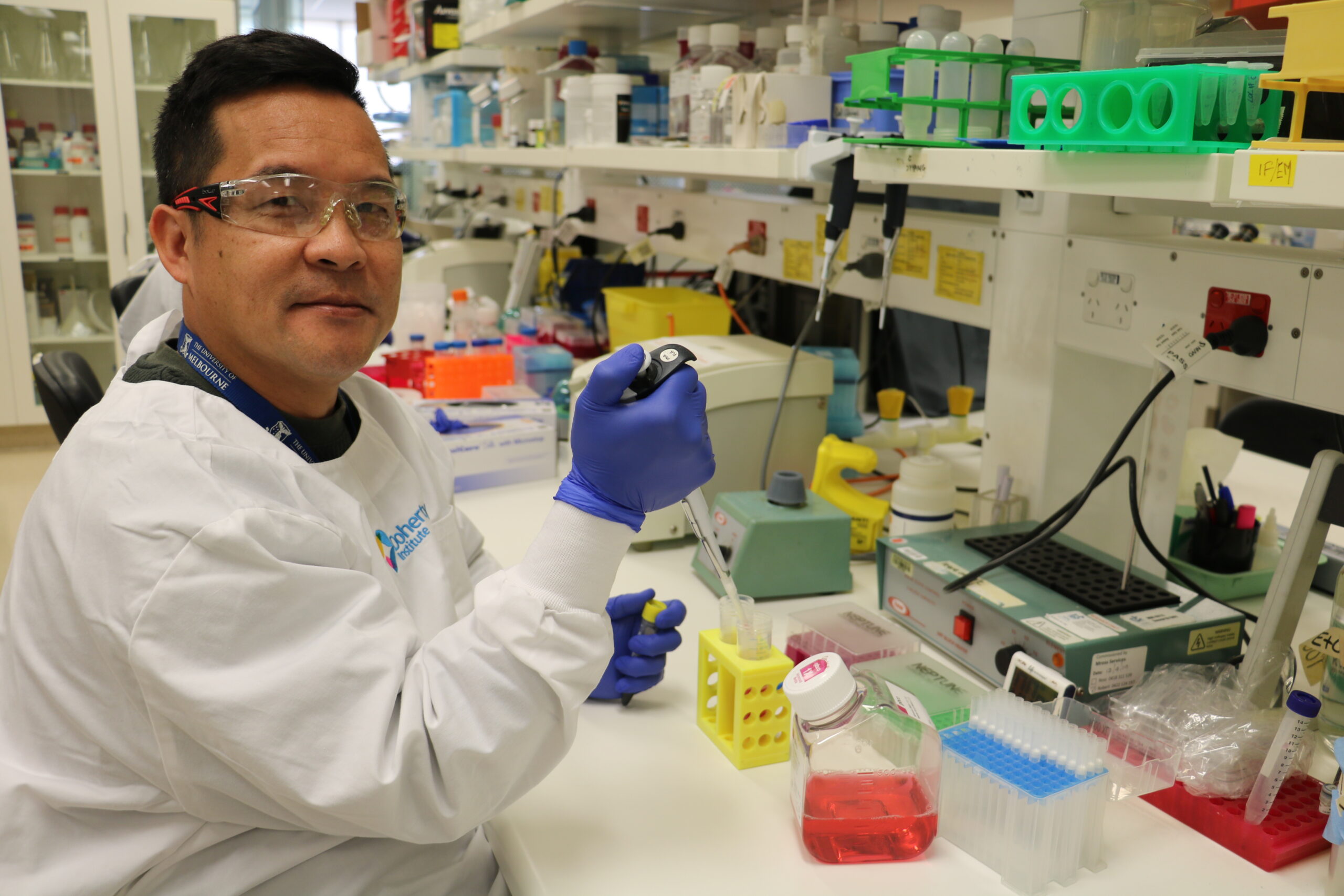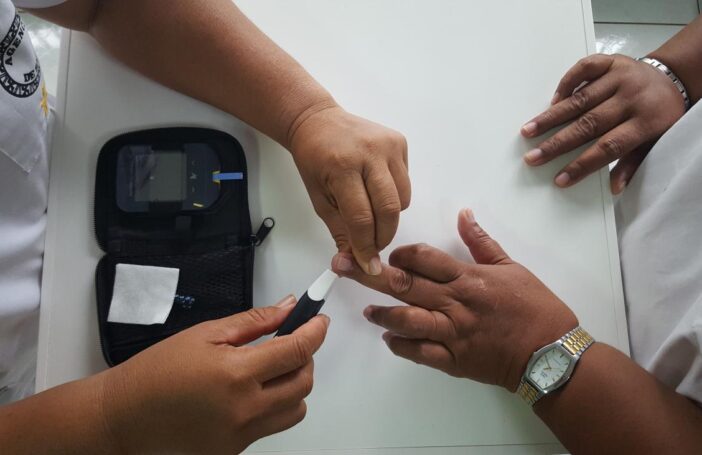Pandemic preparedness must be at the forefront of political attention globally. Every country — low-, middle- and high-income — must be actively preparing for the risk of another pandemic. But preparedness cannot happen in isolation. A key element of preparedness is global cooperation, ensuring no country is left behind when the next pandemic strikes.
The risk is immediate and undeniable. In 2024 alone, we witnessed the threat of H5N1 bird flu, mpox, Ebola and Marburg. The Lancet Commission on the Future of Health by 2050 estimates a close to 30% risk that an infectious threat causing over one million deaths will occur within five years.
This requires us to fundamentally rethink what preparedness means — including the essential role of global cooperation and social safety nets. The Independent Panel for Pandemic Preparedness and Response, on which I serve, recommended seven critical areas of reform following our comprehensive analysis of the pandemic response in 28 countries.
A main recommendation was to negotiate a Pandemic Agreement through the World Health Organization. This was adopted by 194 countries at the World Health Assembly in May 2025 — a major victory, though ratification is still required in each individual country, and is subject to finalisation of a pathogen access and benefit sharing annex.
The second recommendation — and where the urgency becomes most apparent — is financing preparedness. This includes the need to ensure surge funding is available when a pandemic strikes, especially crucial for low- and middle-income countries. Our Panel has suggested a dedicated fund to which all countries contribute based on their ability to pay, capable of disbursing money quickly to stop an emerging threat from becoming an epidemic, or an epidemic from becoming a pandemic.
The third recommendation directly addresses the tragic inequities we witnessed during COVID-19: ensuring equitable access to essential supplies including vaccines, diagnostics and, crucially, antiviral therapeutics. This is where the importance of antiviral therapeutics becomes most evident.
Antiviral therapeutics were largely absent from the COVID-19 pandemic response. Had they been widely available, they would have served as a frontline defence when people became ill, reducing symptoms and potentially keeping patients out of overwhelmed hospitals. In the under-resourced health systems characteristic of low- and middle-income countries, the importance of this cannot be overstated.
The logic is straightforward: vaccines prevent infection, but if someone is infected, treatment is essential. If the pandemic involves a respiratory pathogen, antiviral therapeutics become critical. We also cannot assume the next pandemic pathogen will be one for which vaccines can be easily developed. HIV and Hepatitis C remind us that some pandemics are managed primarily through therapeutics, not vaccines.
During COVID-19, health system disruptions affected 90% of countries worldwide, including high-income nations. In low- and middle-income countries, the impact was particularly severe on HIV and tuberculosis programs. The WHO estimated that 20-40% of countries reported 10-50% disruptions in testing, diagnosis and care access. Tuberculosis notification cases dropped by nearly 30%, with treatment coverage falling by 15% — impacts from which we have still not fully recovered.
The current market-based model for pandemic goods — both vaccines and therapeutics — is fundamentally flawed for pandemic preparedness. Markets respond to existing demand but, early in a pandemic outbreak, demand appears small and localised despite the global threat. Clinical trials must occur during outbreaks, creating enormous logistical challenges.
Our panel has therefore proposed decentralising both research and development and manufacturing capabilities, including for therapeutics.
The inequities in vaccine access during COVID-19 left low- and middle-income countries justifiably frustrated, with leaders across the UN, G20, and other forums declaring “never again”. We have the opportunity now, while the memory of pandemic vulnerability remains fresh, to build the systems that will ensure equitable access to lifesaving therapeutics when the next pandemic strikes.
The Pandemic Agreement, despite some notable absences, demonstrates that multilateral cooperation on pandemic threats remains possible.
The question is not whether another pandemic threat will come, but when. The fourth, fifth, sixth and seventh recommendations from our panel address sustaining political momentum, ensuring WHO’s independence and creating ongoing preparedness monitoring. The time to build these capabilities, including the funding mechanisms, the manufacturing capacity, the research networks and the international cooperation frameworks — is now, while we have the luxury of preparation rather than the urgency of crisis.
Global health challenges require global solutions. No country, regardless of its power or resources, can address pandemic threats alone. Antiviral therapeutics represent a critical tool in our pandemic preparedness arsenal, but only if we commit to developing and distributing them equitably. The world must come together now to make this vision reality.
Listen to Kazatchkine on the latest episode of Off Script, a new podcast series produced by the Cumming Global Centre for Pandemic Therapeutics based at the Peter Doherty Institute for Infection and Immunity in Melbourne, Australia. The Centre was established in 2022 with a mission to accelerate the development of therapeutics for pathogens of pandemic potential.




